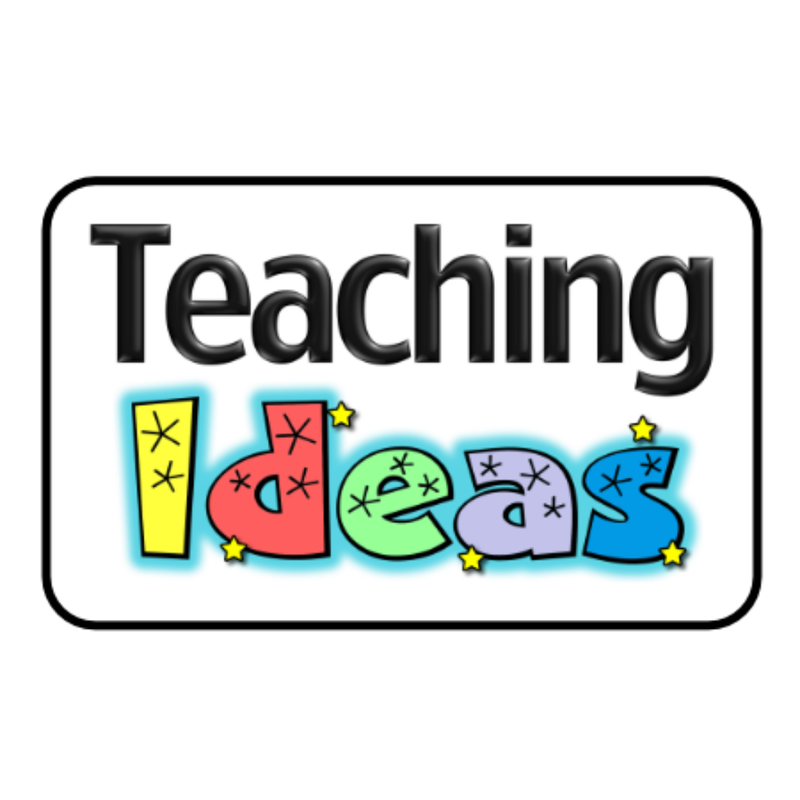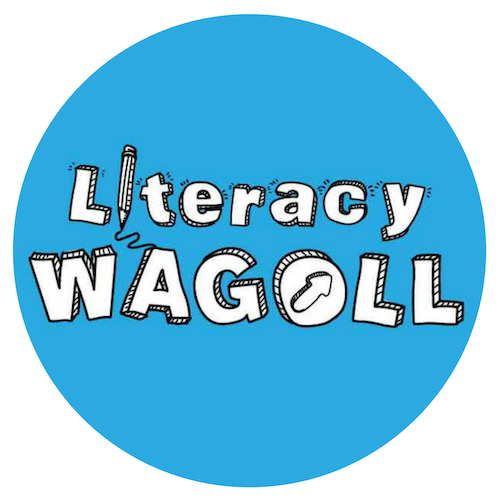|
Bligh (1998) identified that students in class are most likely to remember the content at the very beginning and at the very end of a lesson. However, due to packed timetables, and back to back lessons, teachers can find themselves rushing to finish lessons leading to low impact endings to lessons. If used well, end of lesson activities, alternatively known as 'exit tickets', can be a great way of cementing specific knowledge in students' minds. Here are five tips on how to end lessons with purpose and impact.
2 Comments
One thing that we have perhaps learned during this difficult time is that creative thinking is not limited to the arts. Nor does it have to be a huge 'Aha!' moment that leads to fame and fortune! Creativity appears to have thrived, despite the limitations presented to us by a lockdown. This would suggest that creativity is far more simple and humble than the outcomes suggest.
Creative thinking should, therefore, not be seen as a huge event or a timetabled lesson. The aim should be to weave key aspects of creativity into everyday happenings at school. But, what are the key aspects of creativity and how can you get weaving? Teacher input can be really effective in setting the pace of the learning and guiding student's thinking when introducing them to new concepts, ideas and skills. However, if they lack focus or last too long, they can disengage children and have the opposite effect. They can allow teachers to fall into the trap of talking for too long and not engaging the students. So what does make great teacher input and how can you plan to ensure it has an impact every single time?
As the new academic year approaches, hundreds and thousands of Newly Qualified Teachers will be backing boards, moving tables and preparing for their first ever class that is officially theirs. It is time to go it alone and with this comes excitement, but also anxiety, worry and a little bit of fear.
Over the years, I have created a number of videos that focus on various key aspects of teaching and classroom life. I have compiled the most NQT relevant posts and included them in this article for you to digest. Hopefully, this will take you through a few key areas to consider when preparing for the new school year and your first ever class!
Instagram is full of teachers sharing ideas, displays and teaching resources for other fellow teaching enthusiasts to see. But, many accounts share unrealistic expectations on what your classroom 'should' look like which, as with many other social media streams, can cause stress, anxiety and make teachers feel that they are failing compared to others. However, if you filter through the glitter and triple backed displays, you can find teachers who are doing a great job at sharing some amazing teaching ideas that you can easily apply into your own schools and classrooms.
Teachers workload is too much. One contributing factor to this is that they tend to spend more time creating content and resources than actually teaching the children. Too much planning effects teacher wellbeing. We always strive to make sure our lessons are as engaging as possible but finding the happy medium between engaging resource lessons and a work life balance can be challenging.
Flexible resources can be used in a variety of creative ways across subjects and the curriculum. By creating a bank of flexible resources overtime, you build a toolbox of engaging activities that can be used in all areas of the curriculum - saving you both time and printing credits! So here are my top five flexible resources that all teachers should have in their resource toolbox. As the lockdown lightens, one thing that has stood out is how 'everyday people' are demonstrating their creativity in small but powerful ways. Whether it be figuring out how to deliver free school meals during social distancing; using a 3D printer to create much needed medical equipment for the NHS or recording a lockdown themed family parody of 'One Day More' on Youtube (if you haven't seen this yet, it is a must!).
Unfortunately, it is regularly documented that our current school systems do not support the development of creativity and that, due to curriculum constraints, very little time is dedicated to creative development. How is it that, in an institution designed and funded to nurture the future generation, we are struggling to develop creativity, while at the same time, trapped in a terraced house for months, creativity has thrived. What can we take away from this 'everyday creativity' and how can we harness this back in school? 'Hello hello teachers of the world – how are you keeping?' Or maybe that is a bit of a silly question these days. I say that because it’s often met with a grunt or a sigh or a raised eyebrow or even, sometimes, an exaggerated glare. Regardless, I will continue asking because I like to know what’s going on. Some will share about how the queue at the local supermarket is still long and slow, others will say that they are about to throw their laptop out of their recently converted home office, some will say that their neighbour is playing the guitar too loudly and then you might find one or two who will share that they are absolutely loving the evening walks with family. They might even whisper it with a sense of slight guilt. There is something different about these people.
In the month of May, people all around the world celebrate May the 4th - Star Wars Day! 'May the 4th be with you' (or should I say, 'May the force be with you') is heavily referred to as Growth Mindset.
If you Google mindset and Star Wars, reams and reams of pages, websites, posters, blogs, worksheets and videos pop up to explain the link. Yoda has a Growth Mindset and Darth Vadar has a Fixed Mindset. However, there is a huge problem comparing mindset with Star Wars. Mindset is not as simple as this. It is important that teachers and our children get to grips with the dark side of the force. Are you a student teacher applying for your first job? Or are you applying for your next teaching post or step up? If the answer is yes, hopefully, my latest video will be useful to you. I will be discussing key topics for you to consider answers for, how to approach interviews with a positive mindset and answer questions in a clear and effective way!
|
SearchWAGOLL TeachingWith a keen interest in the neuroscience and psychology of learning, WAGOLL Teaching is about sharing research alongside great, simple teaching ideas to a global teaching community.
Ben has been in education for over 10 years and is passionate about simplifying high quality teaching and learning through innovative and practical approaches in the classroom. sUBSCRIBECategories
All
|
|
Who are we? |
With a keen interest in the neuroscience and psychology of learning, WAGOLL Teaching is about sharing research alongside great, simple teaching ideas to a global teaching community.
|
All copyright reserved ©.
I would like to remind all visitors to this website that all pages on this site are copyright protected, unless stated. Most importantly, this site is for the use and enjoyment of all children, parents, guardians, carers and teachers who are involved in WAGOLL Teaching. Please use the resources/ideas as you need without replicating them for your own gains.
I would like to remind all visitors to this website that all pages on this site are copyright protected, unless stated. Most importantly, this site is for the use and enjoyment of all children, parents, guardians, carers and teachers who are involved in WAGOLL Teaching. Please use the resources/ideas as you need without replicating them for your own gains.

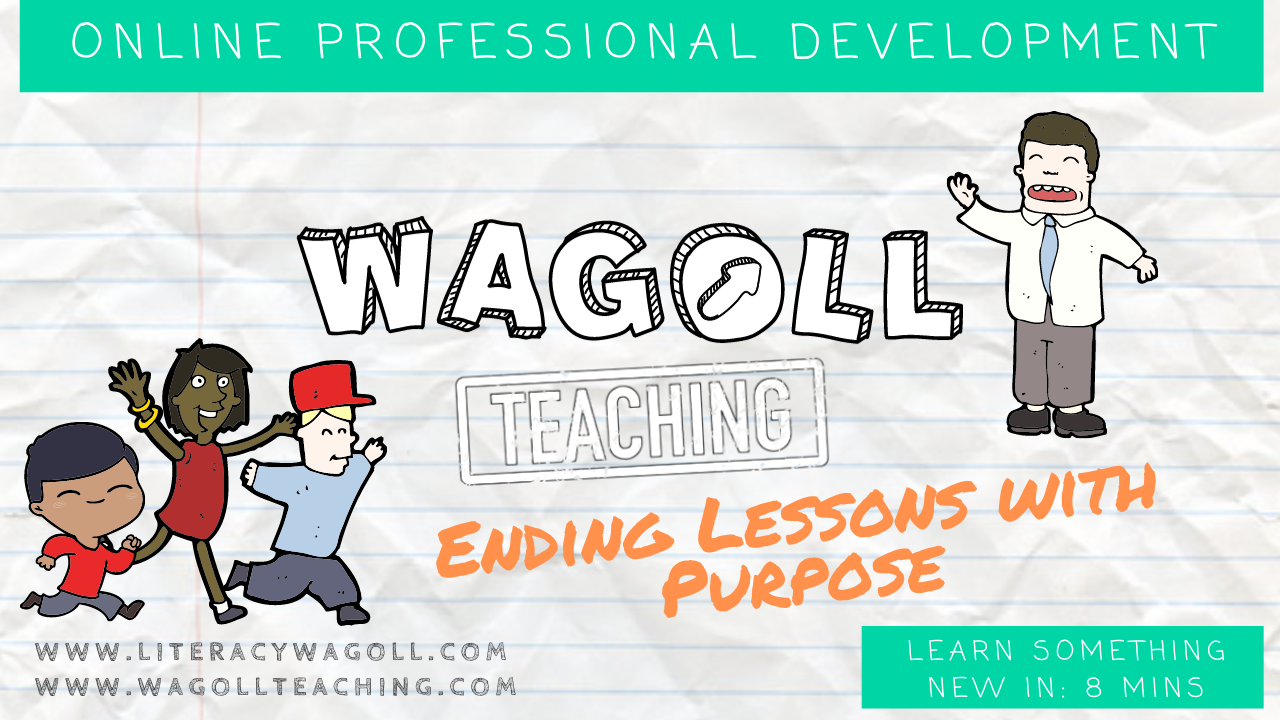
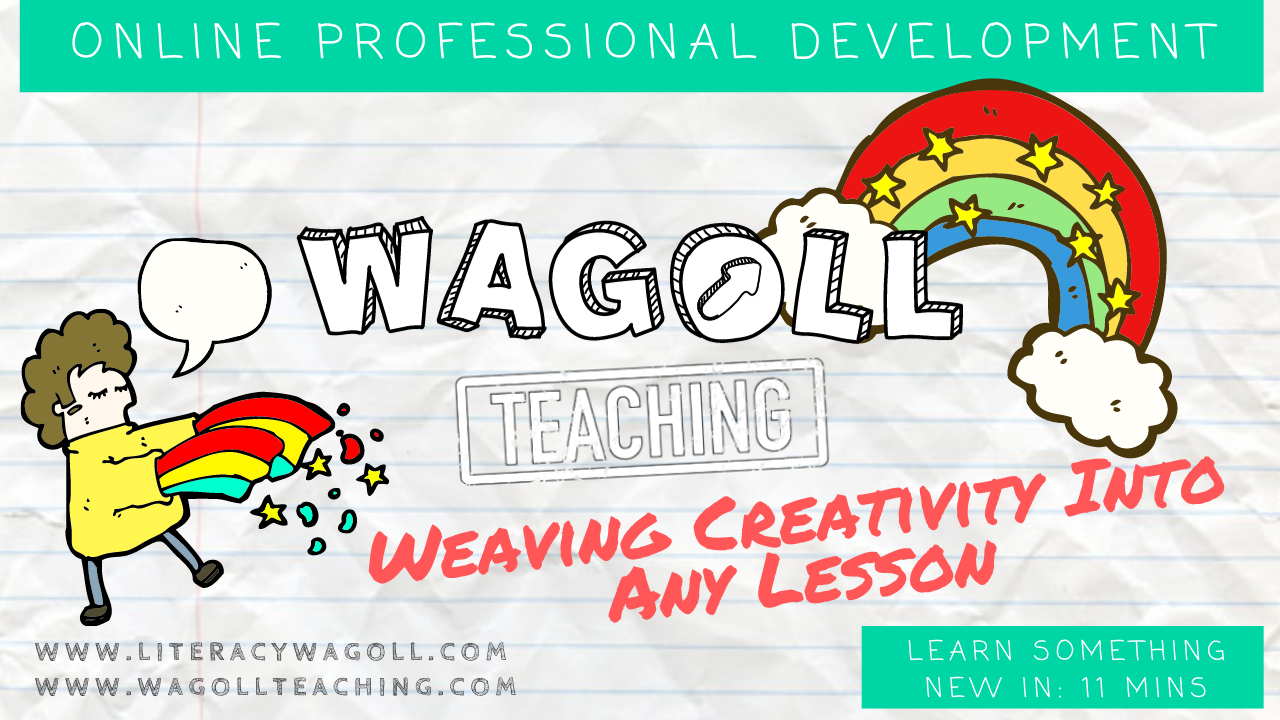
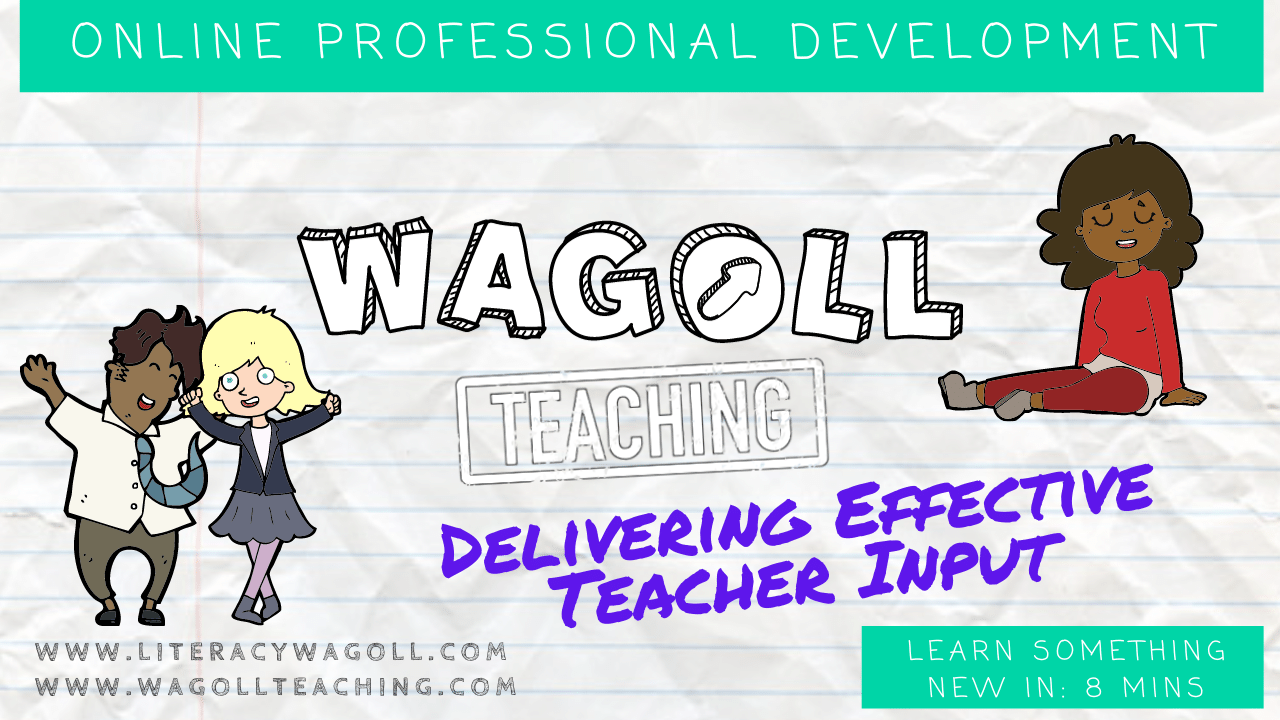
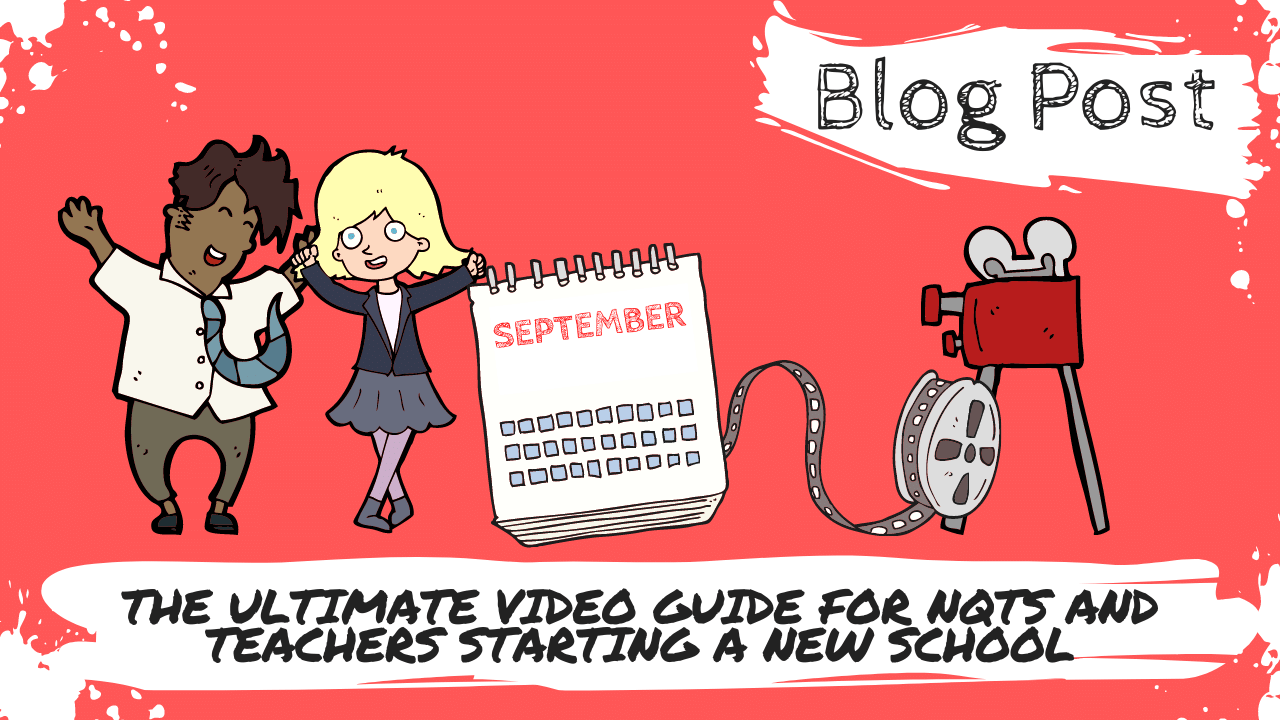
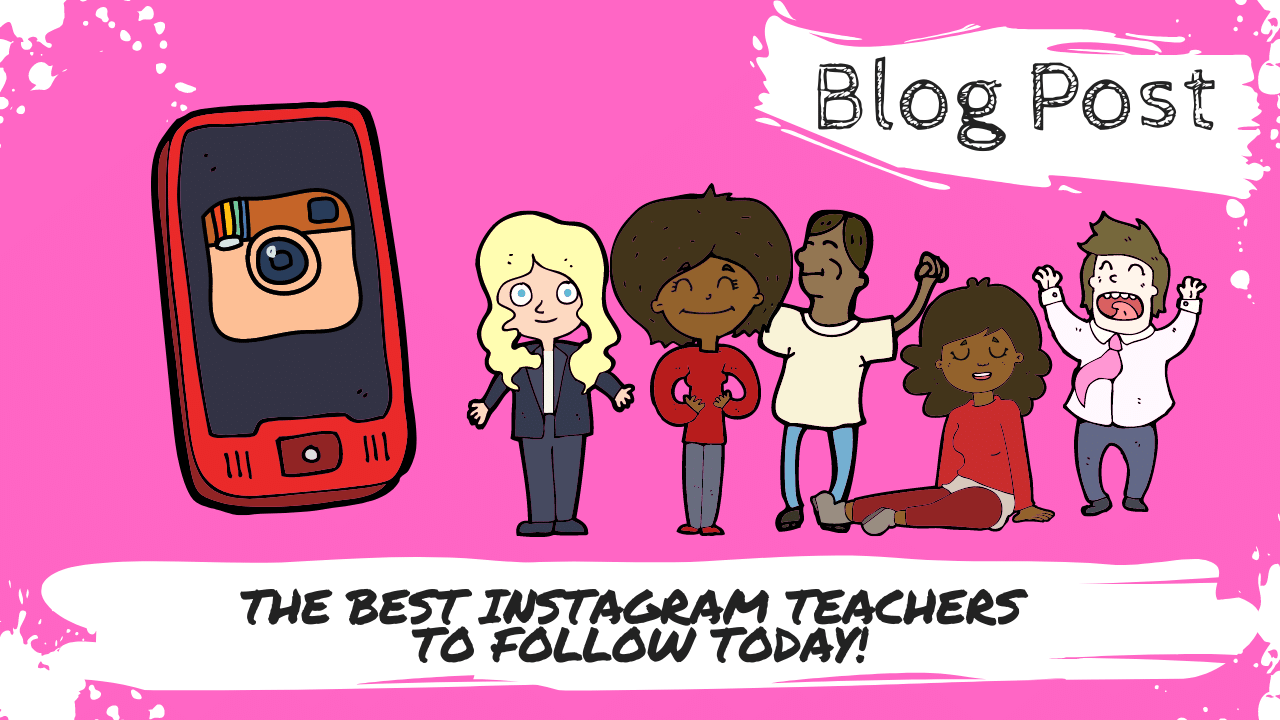
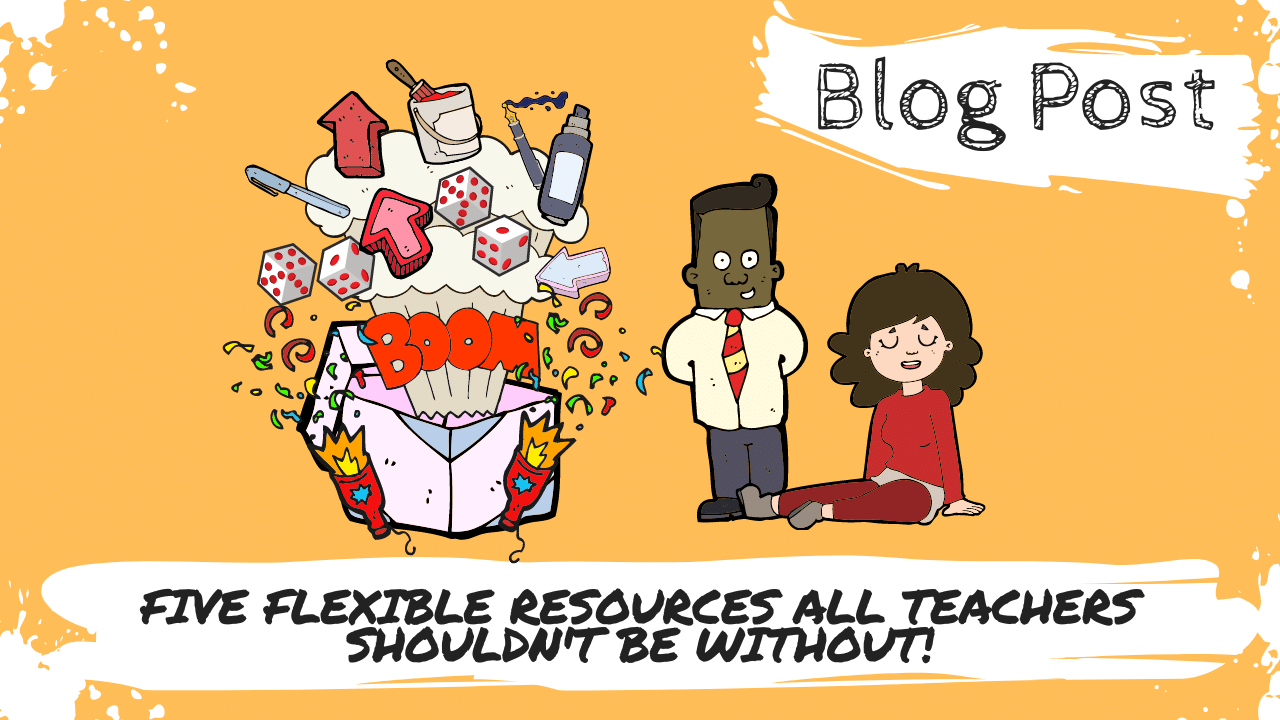
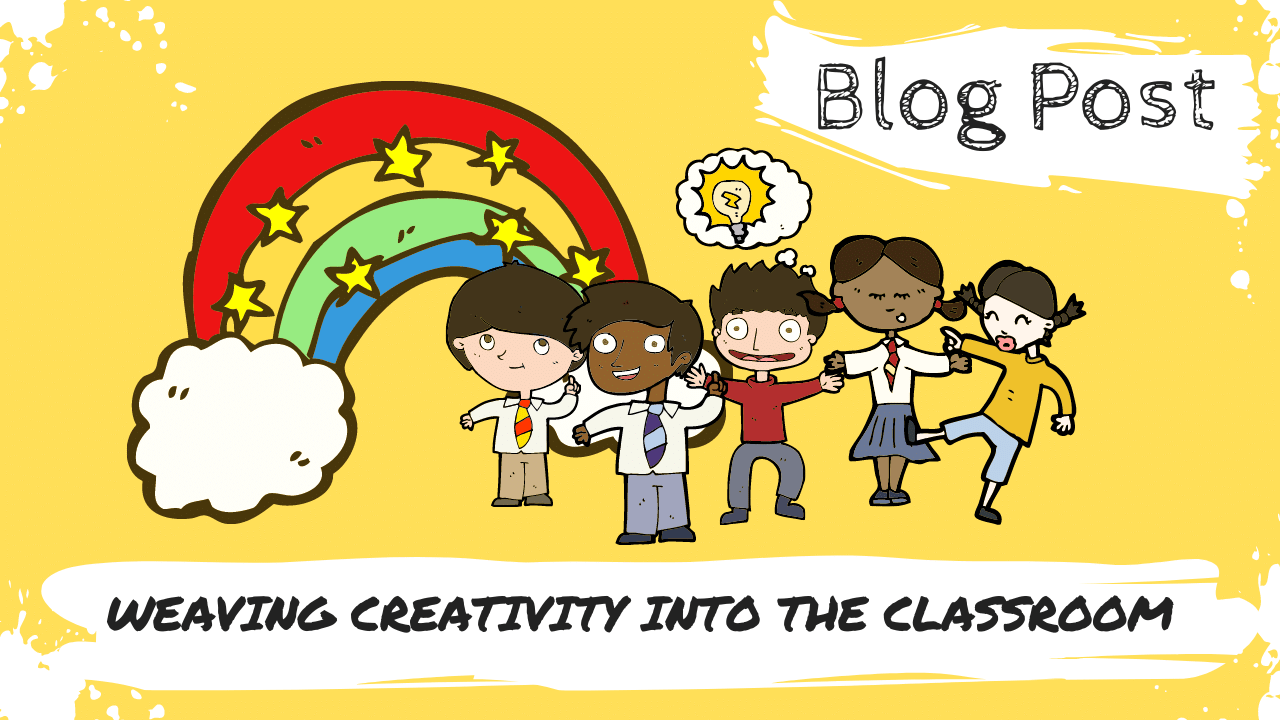
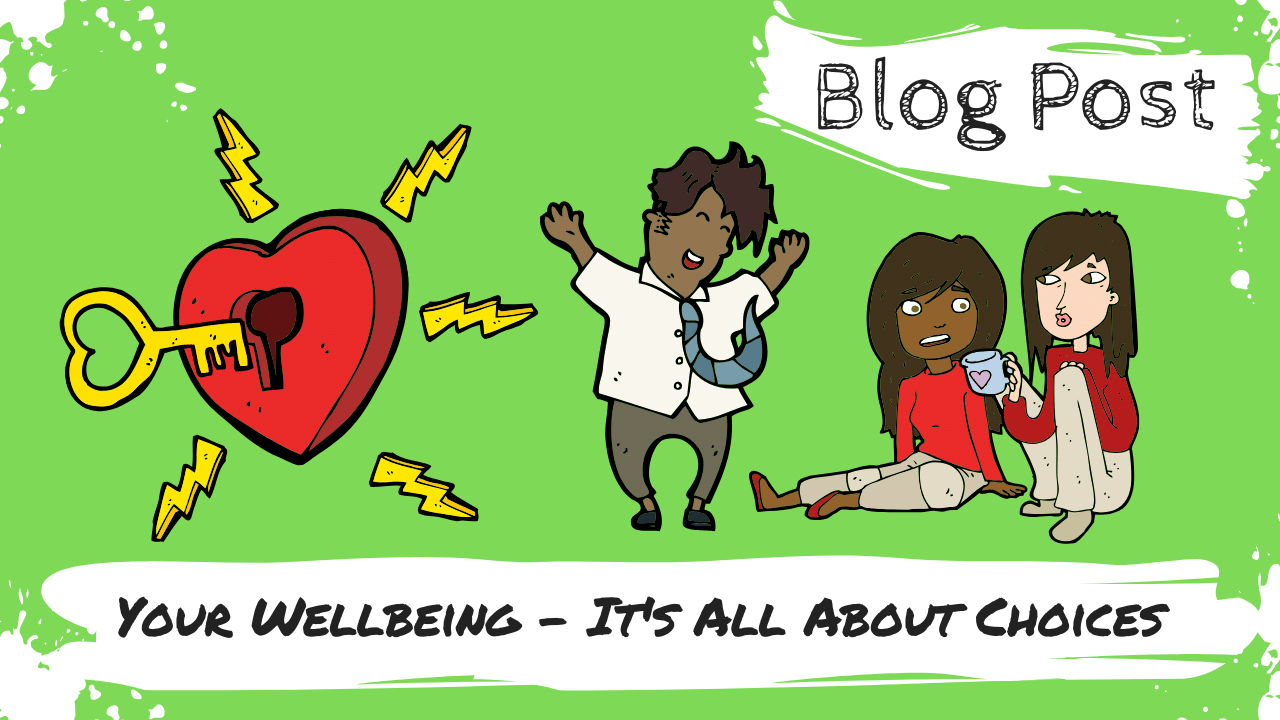
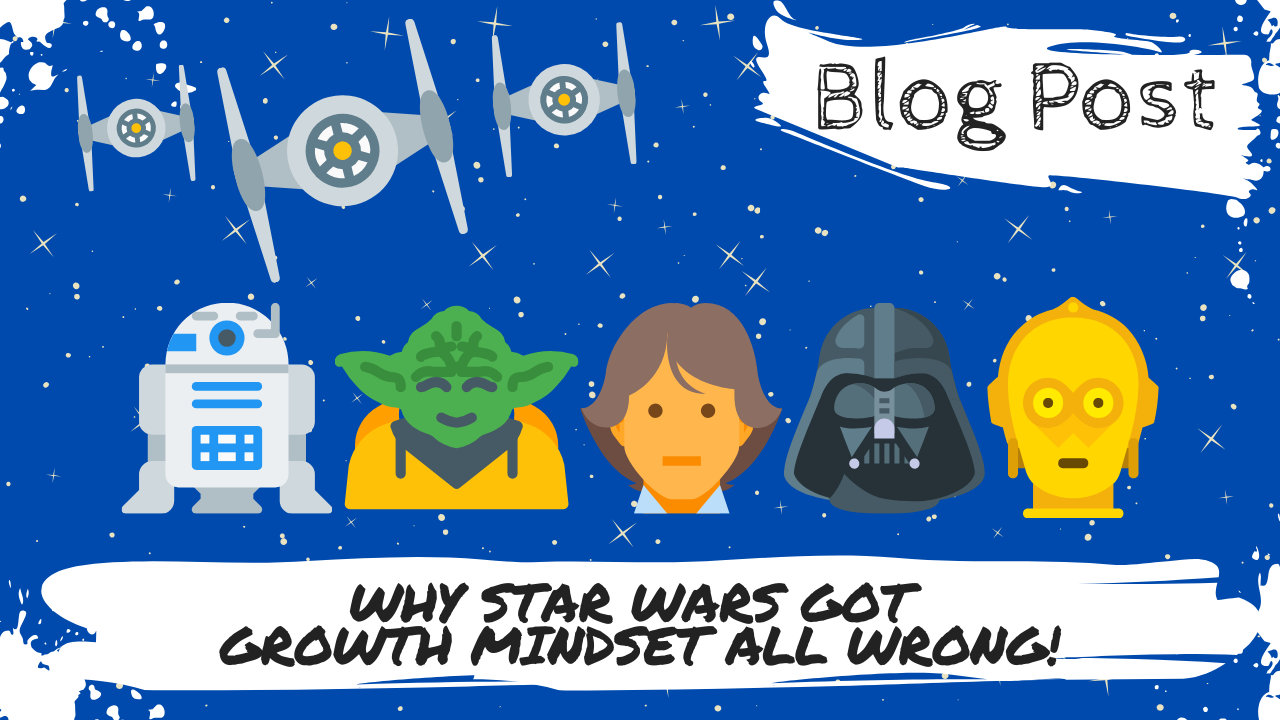
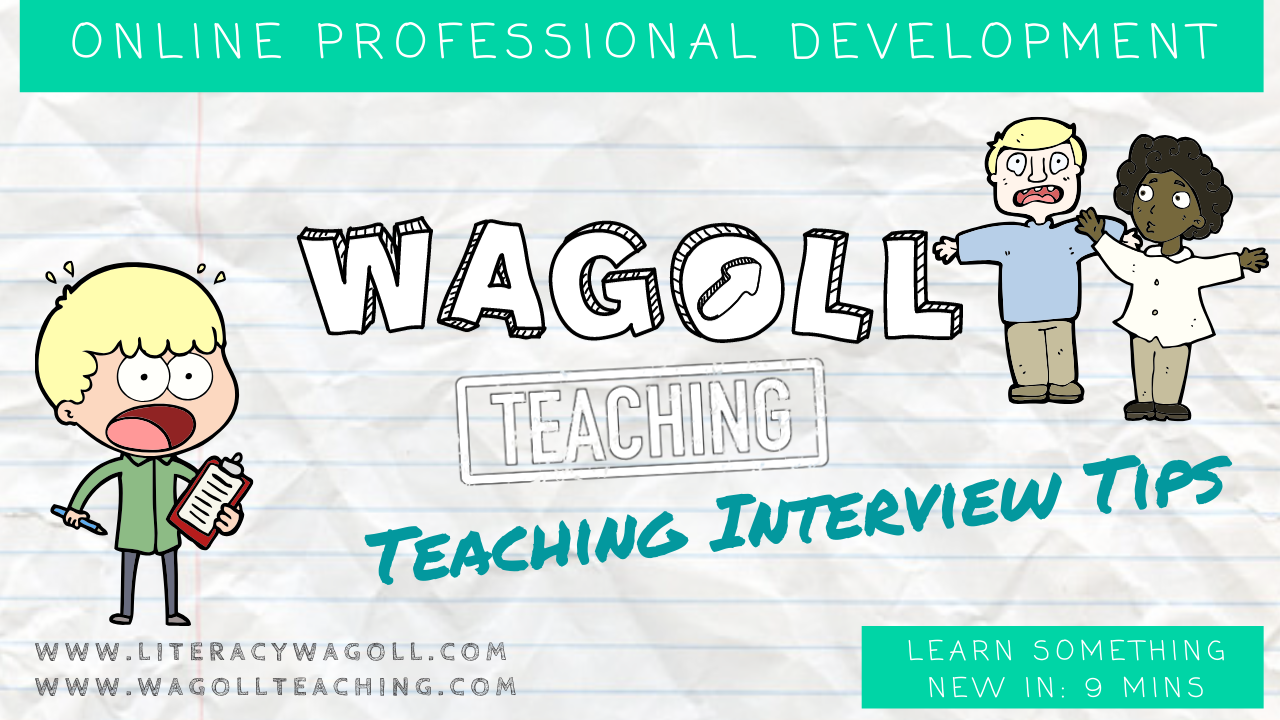
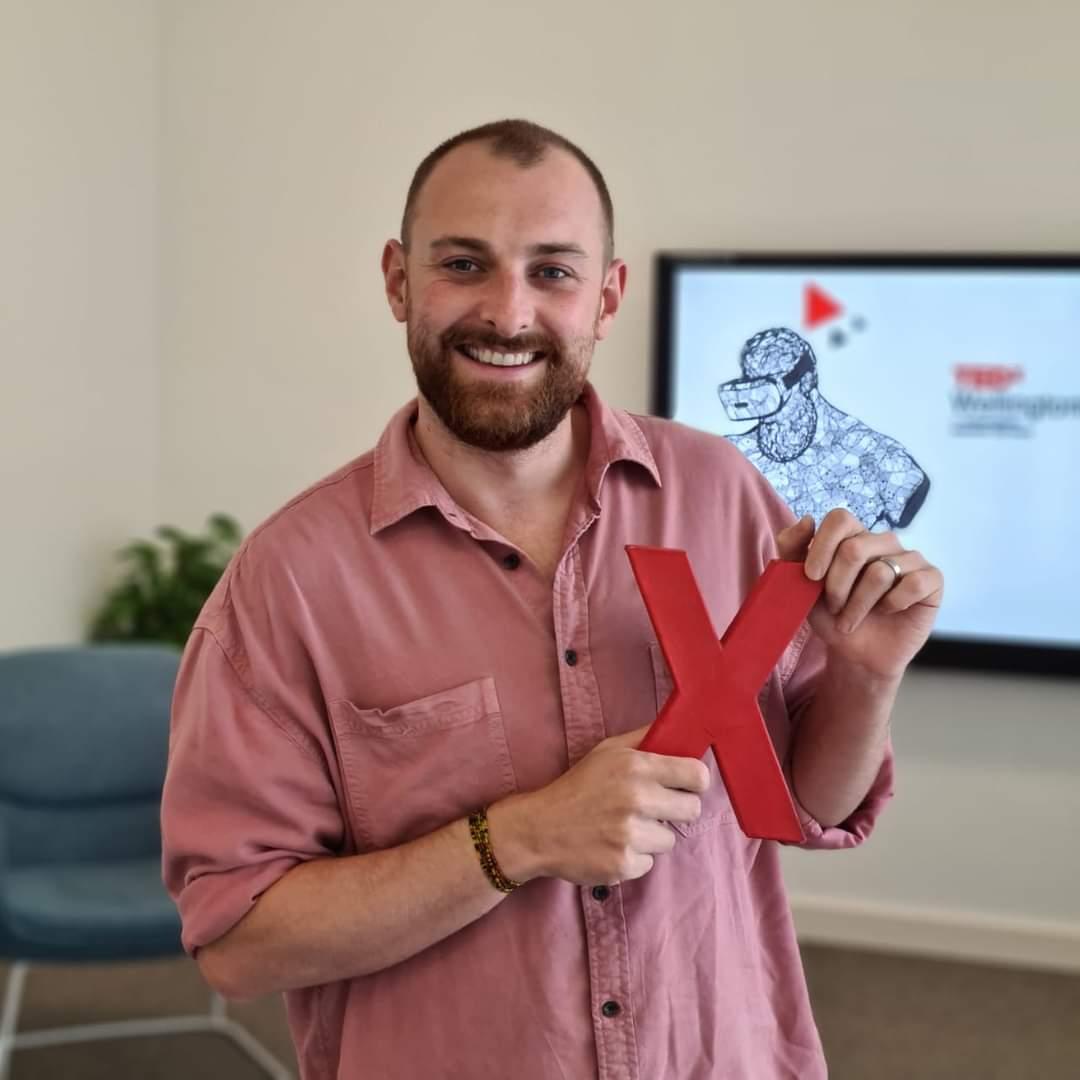


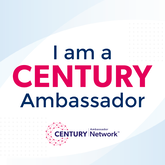
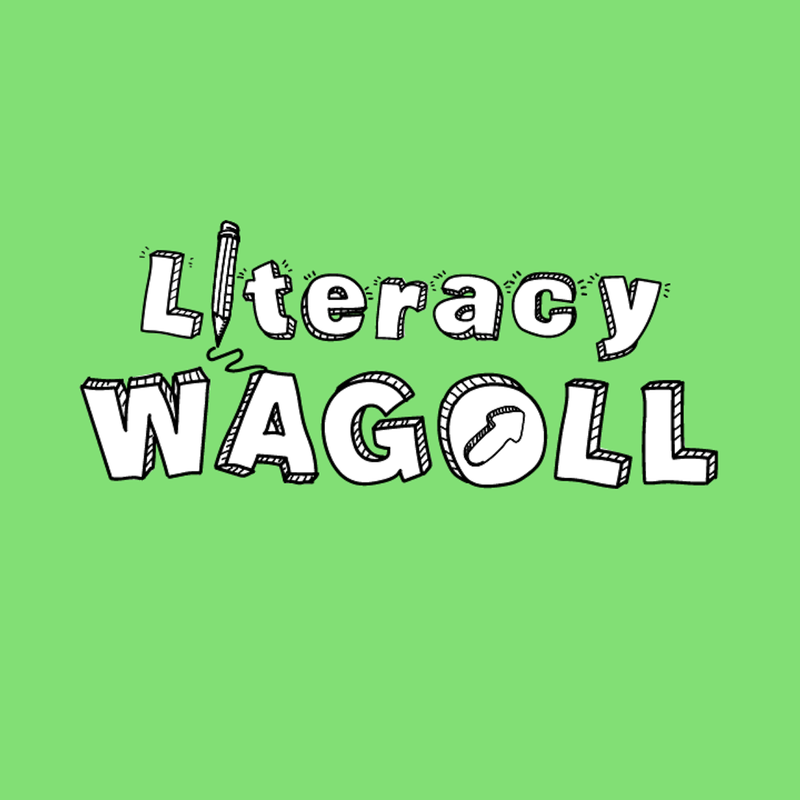
 RSS Feed
RSS Feed

